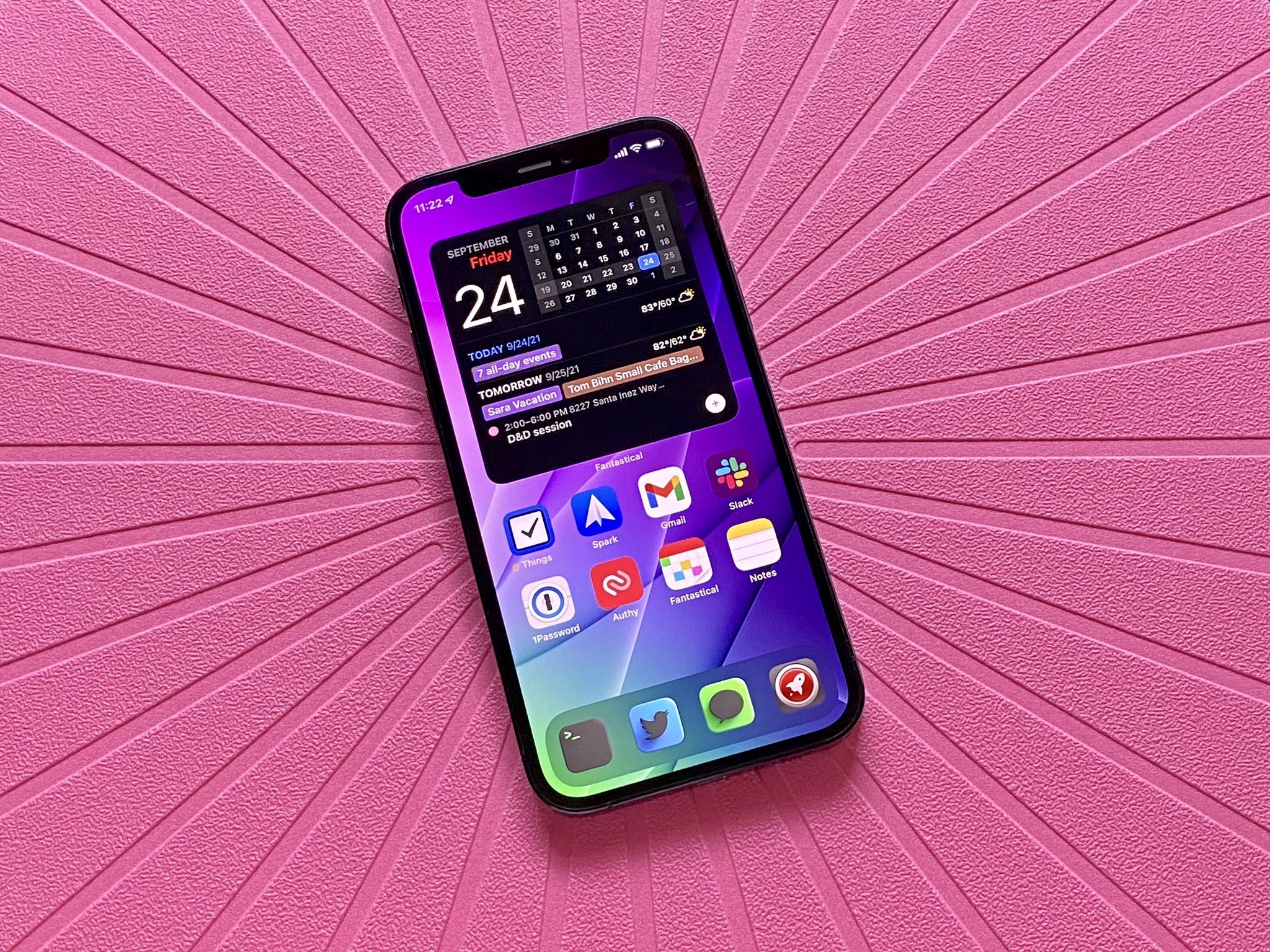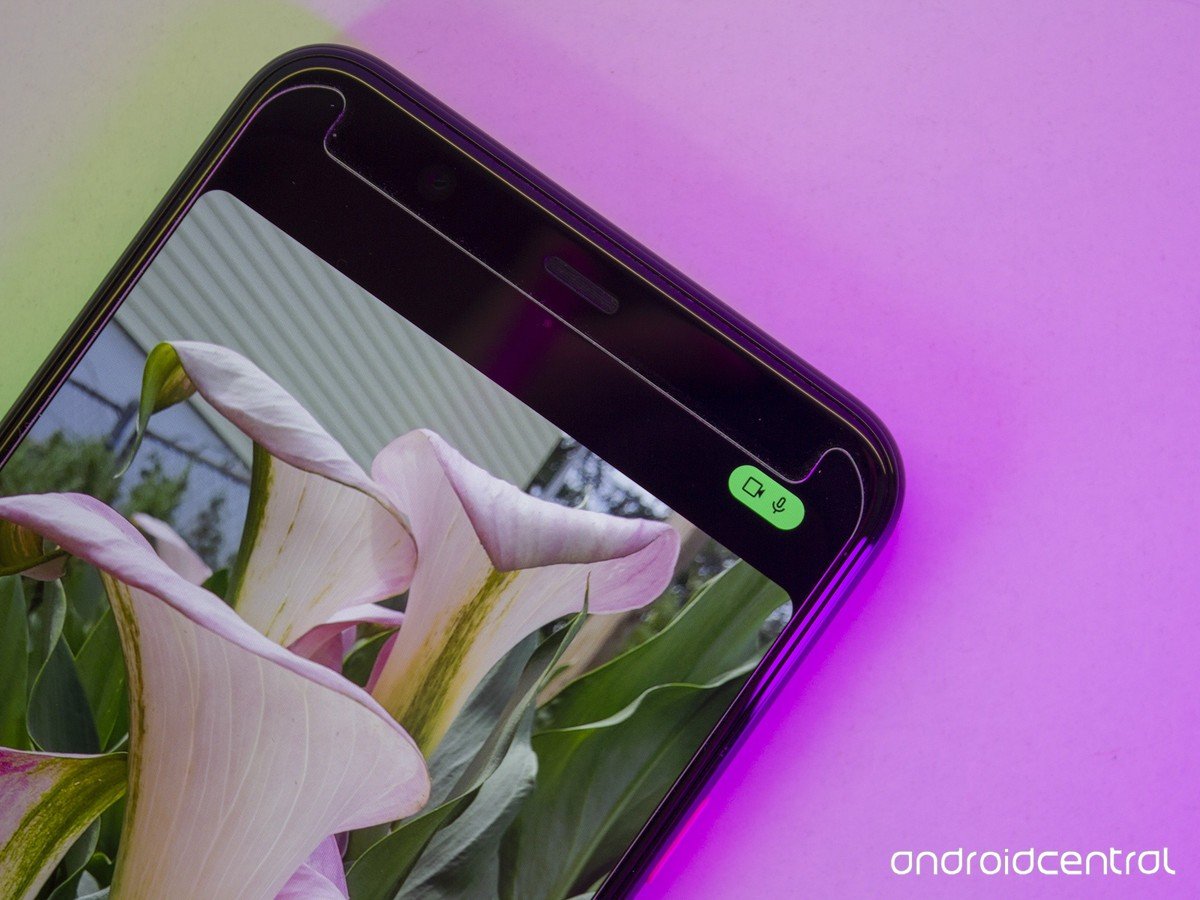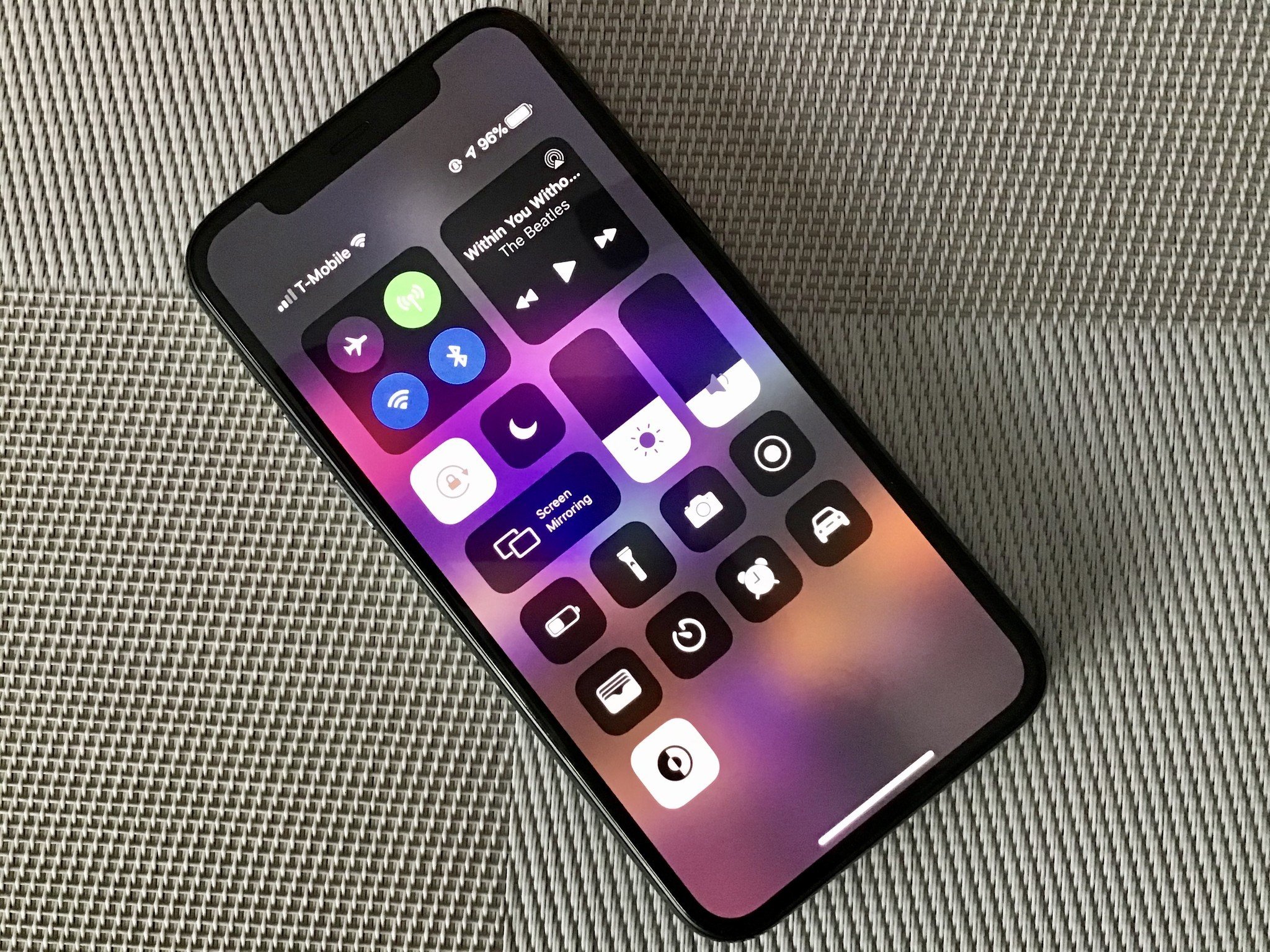Android 12 is launching, and it has some cool new features that Apple should add in the next iteration of iOS.
Even though iOS 15 only just came out recently with the best new iPhones, it's still not too early to look ahead to what's next: iOS 16. Android 12 has recently come out, at least primarily for Pixel devices, and it brings some welcome new changes to the OS. In fact, Apple could learn a thing or two from Android 12, and they should bring these features into iOS 16.
Interface customization
One of the biggest new features in Android 12 is Material You, which is the evolved form of Material Design. Basically, Material You allows you to personalize your phone to your tastes, right down to the interface's color.
Ever since iOS 14 allowed you to change your app icons through the Shortcuts app and add widgets to your Home screen, I've been a proponent of more streamlined customization for iOS. We didn't get that in iOS 15, really, but maybe that can change with iOS 16.
For those unaware, Material You allows you to pick a custom color palette to use system-wide, so you can basically change the interface colors. There's even a color extraction tool that can take colors from your current wallpaper and apply them throughout the entire UI of the device. There are also new animations, transitions, and other interface changes that are much more adaptable and dynamic for energy efficiency.
I would absolutely love to see this level of customization at some point in iOS, letting us change the color of the Lock Screen text to something other than black or white. I mean, it would be fantastic if I could choose a contrasting color to go with what I've chosen to use as a wallpaper. Even adding new animations and transitions when switching between apps would be nice to see. It's far-reaching, but an area where Apple should take a page from Android 12.
Privacy Dashboard with microphone and camera controls
This feature is a little surprising, considering that it's Google, but Android 12 has a new Privacy Dashboard. This single screen will show you all of your permission settings and what data is currently being accessed by what apps and how often in the past 24 hours. If you don't like that an app is using certain data, you can revoke permissions from this dashboard at any time.
While you have control over your privacy settings on iOS, it's not necessarily super easy to get to, and you certainly don't have everything on a single screen. Android 12's timeline view with the Privacy Dashboard seems like a more friendly and intuitive way to see this information at-a-glance and make changes as you see fit. Apple should learn from this and improve it in the next version of iOS.
While we're on the topic of privacy, Android 12 also adds a quick toggle for turning your camera or microphone access off system-wide in the Quick Settings. This overrides any previously granted access in apps. If Apple could add something like this to Control Center, it would be much appreciated for those who have valid privacy concerns.
Quick Settings, perhaps even integrated into Control Center
Android 12 has improved Quick Settings, which are still accessible from the notifications panel. The changes include going from circular icons to rounded rectangles that display more information and have become easier to tap, match your color scheme, and you can change what you see and what order they appear in. There are now controls for Google Pay and Home too.
I've been wishing Apple would add a faster and more efficient way to change some settings, similar to how Android does it, for a long time now. For example, I wish I could choose between 5G On, 5G Auto, or LTE directly from the Control Center. It seems that Apple lets you quickly access certain things, like Wi-Fi networks and Bluetooth devices from Control Center. But iOS locks you out of others, such as Cellular Data, making you go into the Settings app to change those particular options.
I mean, Apple is almost there — just a little more consistency is all I'm asking.
Scrolling screenshots
While other phone manufacturers like Samsung and OnePlus already have this feature, Android 12 brings scrolling screenshots for all Android users. What is a scrolling screenshot? Basically, you'll be able to go beyond what is visible on the screen and capture the entire web page if you desire. On Android, this is done by taking a regular screenshot like you normally would, then just tapping the "Capture More" button. You'll get a markup screen that lets you go past what was just shown on the screen.
As someone who takes a lot of screenshots every day to share with friends and family, I would absolutely love this feature on iOS. I often take multiple screenshots of different sections of a page and send them that way, which I think is annoying and inefficient. And yes, I'm aware that there are third-party apps that have some kind of stitching functionality, but I would much prefer to see this baked in natively. Perhaps iOS 16 could be the time — I'll keep my fingers crossed.
Better auto-rotate
Ever since smartphones were introduced, auto-rotate was a thing that was determined by the device accelerometer. With the accelerometer, your phone detects when the phone is in landscape orientation and then flips the screen accordingly to fit it. But the problem with this is sometimes you're laying down on your side and holding your phone, and it will auto-rotate, making it hard to use your phone.
Android 12 is now adding face detection for auto-rotate, and this is something that is long overdue for iOS as well. With face detection for auto-rotate, the front-facing camera will look for your face and only rotate the screen if your face has changed orientation.
Honestly, this is one of the biggest reasons why I have kept rotation lock on my iPhones since the option was made available because I hated how it would always rotate whenever I laid on my side or something. If Apple added face detection for auto-rotate, I'm sure that I could leave rotation lock off and not be bothered so much. Hopefully, it's something that can be added to iOS 16.
Apple needs to take some pages from the book of Android
As much as I love using iOS, I know that there are certainly some areas that it lacks in compared to the competition. Android 12 is packed with a lot of exciting new features, and I honestly hope that Apple takes a page or two from Android and implements such changes in iOS 16.












0 comments:
Post a Comment